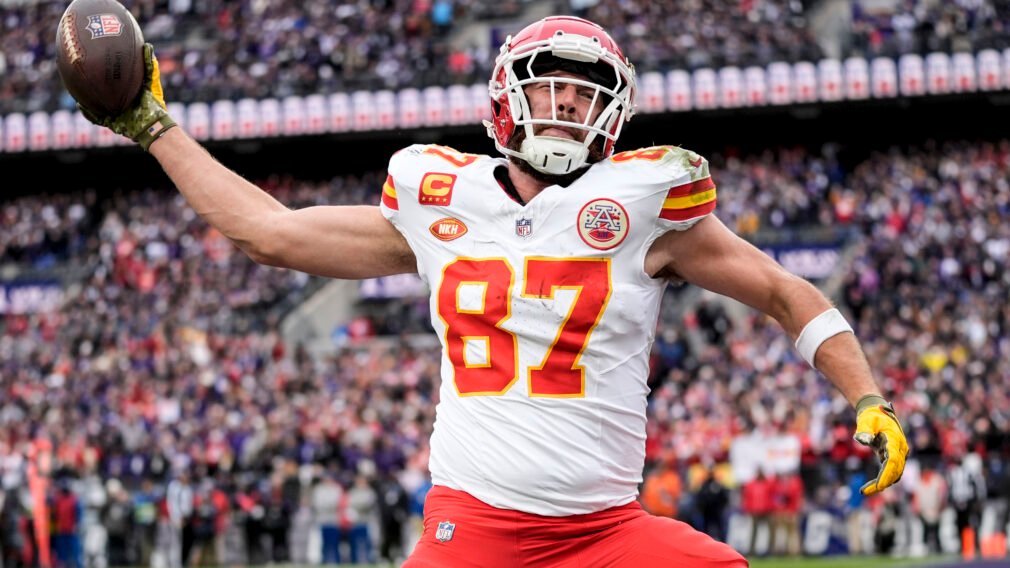NFL Issues Integrity Warning on Betting, Prohibits Use of Prediction Markets
The National Football League is taking a firm stance on the potential threats to game integrity posed by sports betting, issuing a broad warning that covers both its internal gambling policies and the rise of lightly regulated prediction markets. The league has made it clear that all NFL personnel are prohibited from engaging with these emerging platforms, which it now views as functionally the same as traditional sports betting.

Reinforcing a Zero-Tolerance Internal Policy
The foundation of the NFL’s warning is a reinforcement of its strict, long-standing gambling policy for all players, coaches, and league and team employees. The league is re-emphasizing its core rules to prevent any potential influence on its games.
This includes an absolute ban on betting on any NFL game, using a third party to place bets, or sharing non-public “inside” information. Furthermore, all forms of gambling, including casino games and card games, are prohibited at any team facility, while traveling for games, or at the team hotel.
The policy has teeth. Since 1963, the league has suspended at least 15 players for gambling violations, a clear signal of its seriousness. According to Sabrina Perel, the NFL’s vice president and chief compliance officer, educating all personnel on these rules remains a key priority.
The Emerging Threat of Prediction Markets
Beyond its internal policies, the NFL is now sounding the alarm on the emerging field of prediction markets. The league explicitly stated that platforms like Kalshi, Robinhood, and Polymarket fall under its definition of sports betting and that participation is “prohibited” for all NFL personnel.
The league’s primary concern is the significant difference in regulatory oversight between these platforms and licensed sportsbooks. David Highhill, the NFL’s vice president of sports betting, expressed concern that this lack of rigorous oversight could leave these markets “susceptible to manipulation or price distortions.”
Unlike licensed sports betting operators, prediction markets are often not required to share information with the leagues, implement robust integrity monitoring, or prohibit certain types of high-risk wagers.
The Problem with Prop Bets and Their Digital Cousins
A key part of the NFL’s concern with prediction markets is the similarity of their contracts to certain “prop bets,” which have become a major point of contention across U.S. sports. The league is particularly wary of wagers that can be determined by the action of a single player and have minimal impact on the overall outcome of a game.
Examples of these high-risk markets include bets on whether a quarterback’s first pass will be complete or incomplete, or whether a kicker will miss a field goal. These types of wagers are seen as more vulnerable to manipulation. This concern is not unique to the NFL; several states have already moved to ban prop bets on individual college athletes for similar reasons.
The NFL’s message is clear: as the landscape of legal wagering evolves, the league will continue to draw a hard line on any activity it perceives as a threat to the integrity of the game.
Recommended
